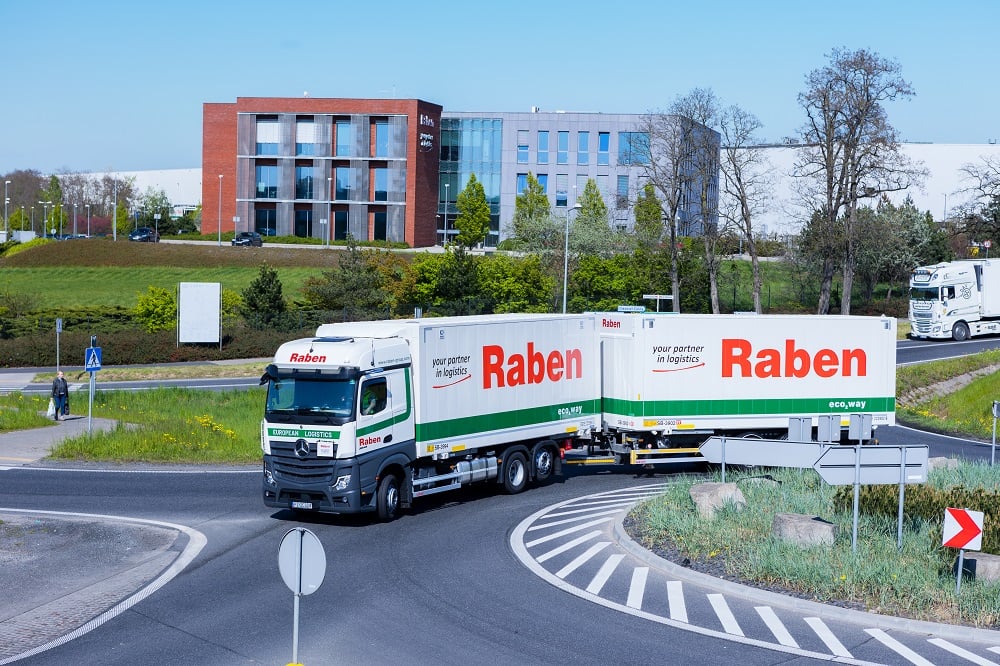
Client:SF Supply Chain
Industry:Transportation & Logistics
Region:Asia Pacific & Japan
Robotic Process Automation (RPA) Greatly Improves Warehouse Efficiency at SF Supply Chain

10,000
orders per month handled by robot
Client Overview
SF Supply Chain delivers turnkey supply chain solutions to enterprise customers in the Chinese mainland, Hong Kong, and Macao markets. Customers are in the hi-tech, fast-moving consumer goods (FMCG), retail, automotive, engineering and industrial manufacturing, life sciences and medical sectors.
SF Supply Chain integrates world-class supply chain expertise from Deutsche Post DHL Group and extensive domestic infrastructure and solid customer base from SF Holding.
The company delivers turnkey supply chain solutions to enterprise customers in the Chinese mainland, Hong Kong, and Macao markets. Customers are in the hi-tech, fast-moving consumer goods (FMCG), retail, automotive, engineering and industrial manufacturing, life sciences and medical sectors.
Recently, SF Supply China decided to implement a digital transformation program. SF Supply Chain has optimized its business with robotic process automation (RPA), and has applied it to its warehouse management and routine data entry.
Challenging customer requirements
Customer requirements are becoming more diverse and ever changing, which greatly increases the complexity to process data on its operations platform. Unlike a traditional business-to-customer (B2C) courier business, SF Supply Chain provides tailor-made services to customers according to their nature of business and needs.
The operation of a warehouse involves a great deal of repetitive work. This includes data processing, reports consolidation and filing between the warehouse management system (WMS) and third-party applications. These are time-consuming tasks that can impair resources needed for more valuable activities.
This is why SF Supply Chain has implemented an RPA system for data processing in their warehouses since 2018.
Pilot project approach accelerates RPA implementation
SF Supply Chain has implemented an “Innovative Funnel Model” for its digital projects. A pilot project usually starts with innovative ideas, followed by concept approval, product development, and regional implementation.
In an RPA pilot project, SF Supply Chain’s center of excellence (CoE) team worked with the company’s digital committee, and selected ten important warehouse sites as their testing points. They worked with the operations team to analyze the needs of each site, evaluating the overall results and workability according to the “Innovative Funnel Model.”
In a SF Supply Chain site that handles over 10,000 orders every month, the RPA solution was adopted to manage courier data entry, which was previously handled by two full-time staff. The RPA robots handle highly repetitive and time-consuming tasks.
The extremely low error attribute of RPA technology also avoids manual operation errors, setting the foundation for higher quality customer service. RPA solutions significantly enhance service effectiveness while saving costs. Moreover, staff are also happy with the deployment and more resources can be allocated to developing other core business skills.
The CoE team will continue to adopt the same approach to run more pilot projects, gradually increasing the scale of deployment and implementing the RPA model to many other sites across China.
Future-oriented, SF Supply Chain continues its digital upgrades
SF Supply Chain is committed to their digital transformation and continuously upgrading its supply chain services. Based on the accumulated experience in servicing customers in various industries, SF Supply Chain can make tailored solutions for customers according to their business models and workflow systems, helping customers to control operating costs, improve overall efficiency, and operating revenues.
As a key component of the SF Supply Chain digital strategy, RPA has been rapidly and extensively deployed in the operation of many SF sites. If calculated in terms of effective working hours (highly concentrated working hours), the company has now saved a total of 74,000 effective working hours in aggregate. At the same time, the CoE team is developing new robots in their supply chain area, handling tasks such as order printing, parcel collection, and wave picking—where orders are scheduled for collection and delivery—with a goal to standardize and modularize services to fulfill various customer needs.
“Open minded and creative leaders and staff are key to success in promoting digital transformation, including the RPA deployments,” said Yang. “Our customers follow our recommendations on the ‘optimization and automation approach’ to simplify, optimize, and standardize their operations before exploring and implementing RPA or other digital solutions. So far, our customers are very happy with the results.”
SF Supply Chain hopes to take the benefits of RPA technology to provide more comprehensive and quality services to customers across FMCG, automobiles, medical, and high-tech industries. Through a win-win partnership with UiPath, SF Supply Chain has incorporated RPA technology into the company’s digital strategy, connected various smart devices to gradually achieve automation, shared transparency of data processing, and accelerated digital upgrades of the company in all aspects. SF Supply Chain will continue to implement more RPA projects to sustain business momentum.
UiPath fully integrates the advantages of artificial intelligence into RPA, providing customers with an excellent automation experience while allowing enterprises to realize a full digital transformation. UiPath also takes into account the responses from market, community forums and partner programs to provide proactive local support.
Felix Yang • Head of Digital Acceleration Project, SF Supply Chain, Greater China
Related case studies
Ready for your own case study?
Speak to our team of knowledgeable experts and learn how you can benefit from agentic automation.





